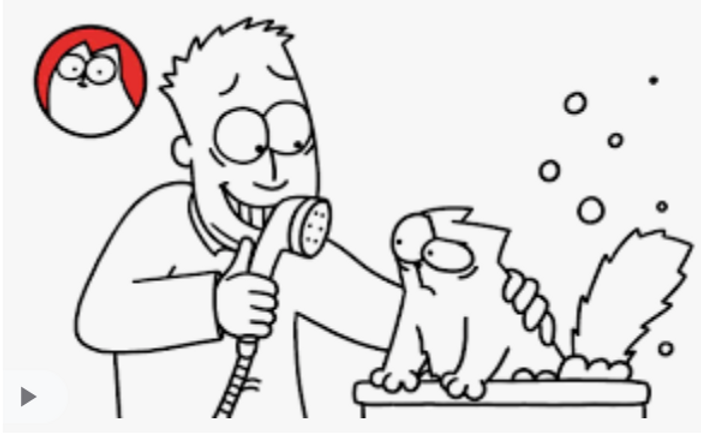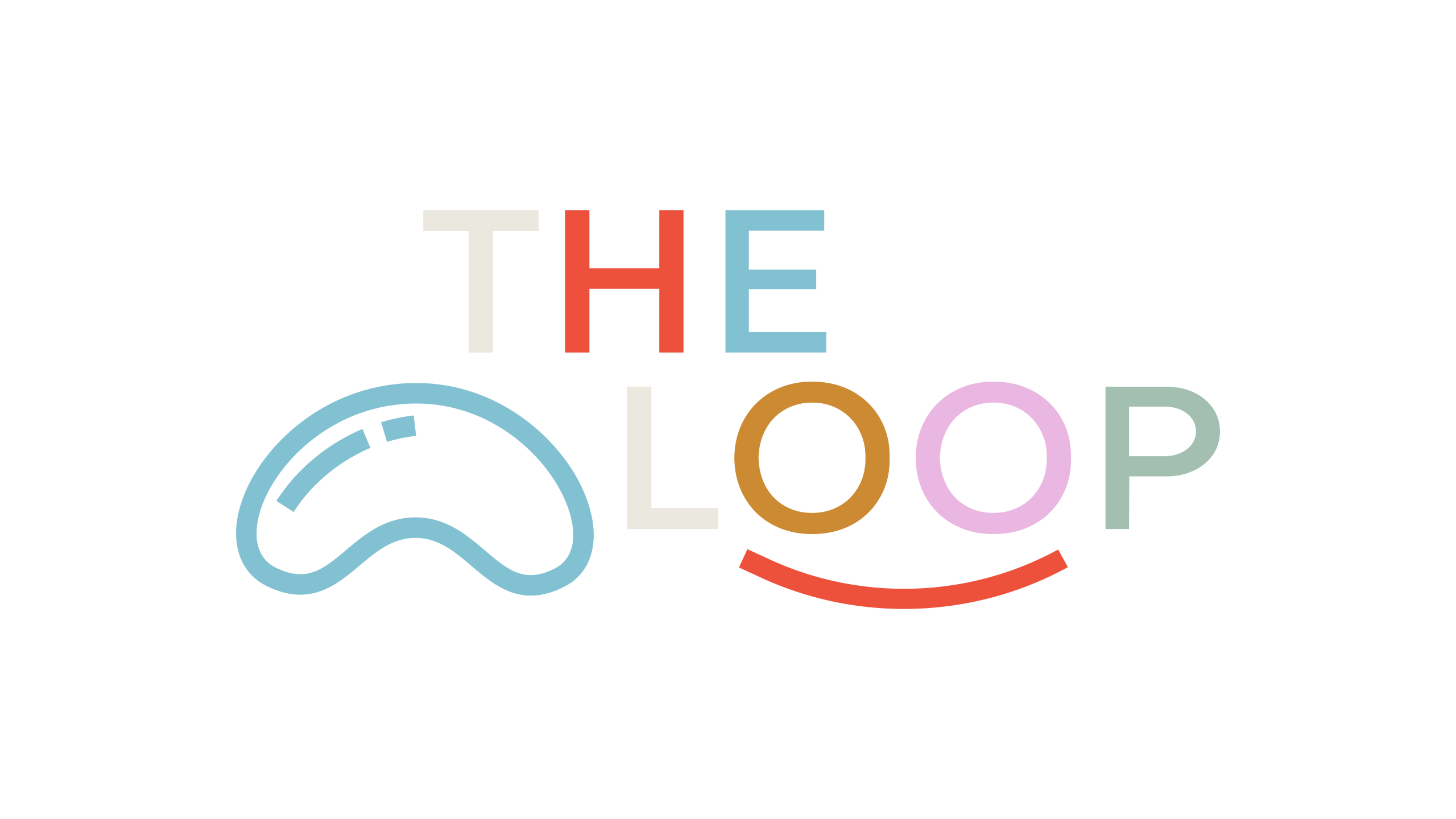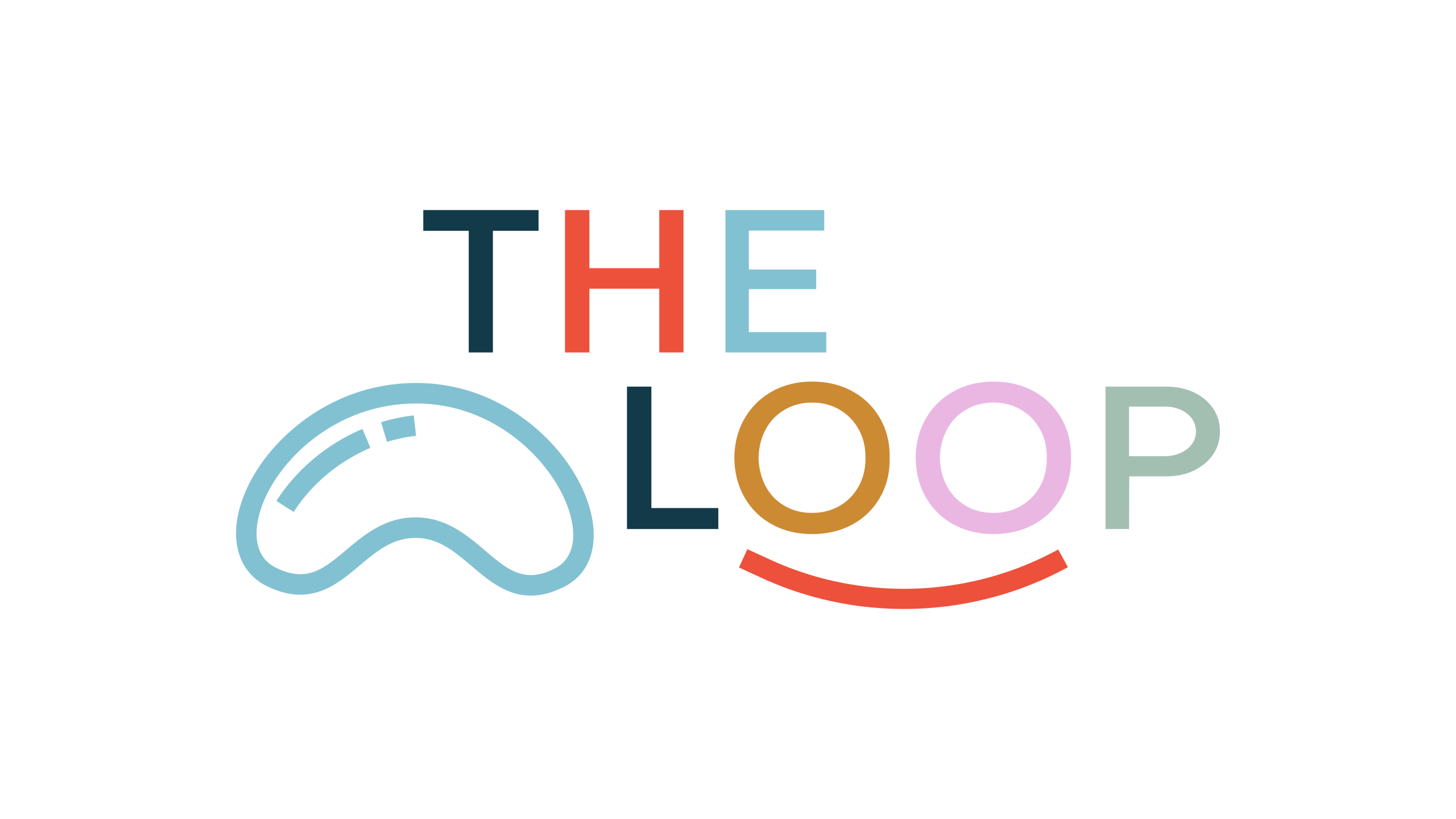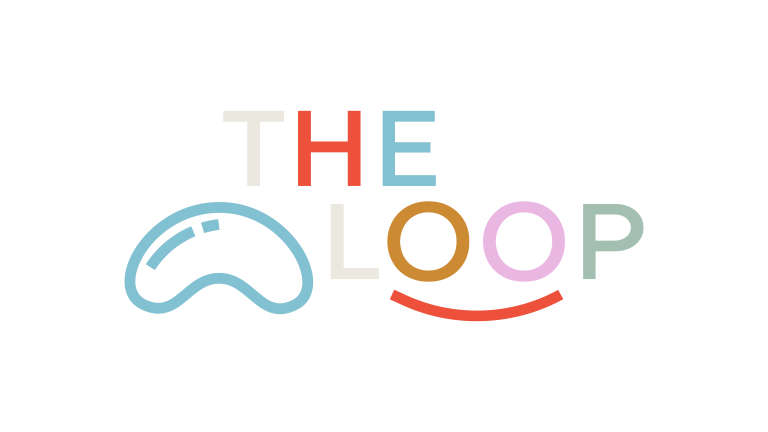
There are lots of great YouTube videos and comics you can show your kids to promote their language skills. My favorite videos are Simon's Cat and my favorite comics are Rube Goldberg Machines. When working with your child on her language skills, it's important to help her organize her thoughts, check her comprehension, and rehearse retelling of main events or favorite parts.
Here is a link to a free download of a video companion sheet:
Here are links to Simon's Cat Videos and Rube Goldberg Comics:


